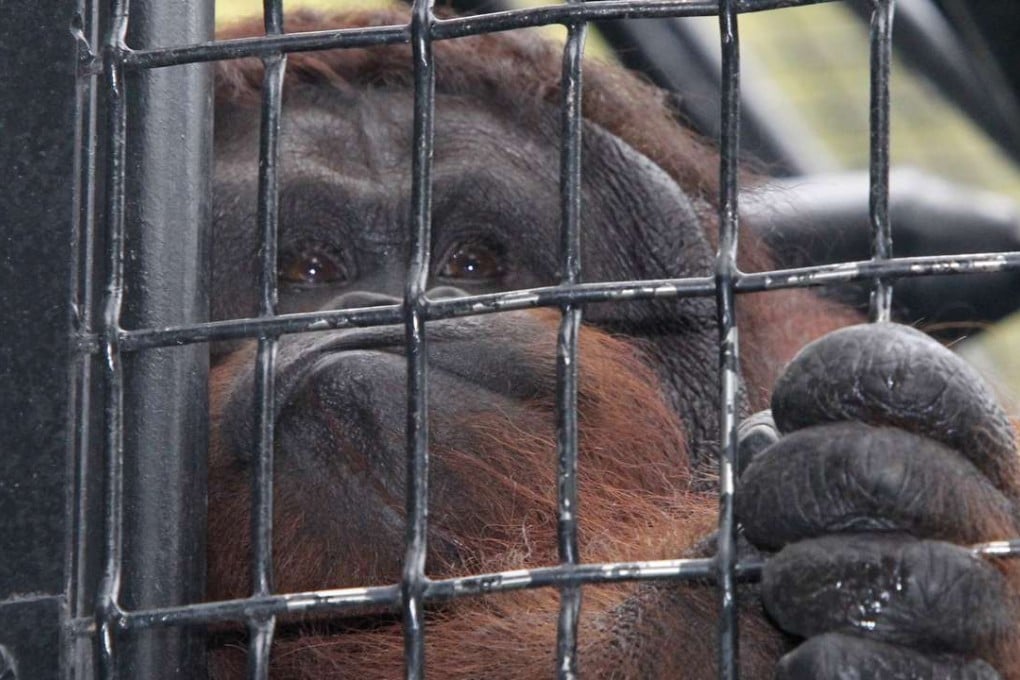Hong Kong zoo must be shut down for the world city to live up to its name
Jason Baker says officials need to heed increased public awareness of the suffering of captive animals and listen to wildlife experts who recommend they be phased out

Hong Kong is known for its business acumen and progressive ideas. It is particularly odd, then, that city officials continue to support one business model that is as antiquated as it is untenable: displaying animals in zoos.
The Hong Kong Zoological and Botanical Gardens today has more than 300 animals jammed into only 40 enclosures. Intelligent and sensitive primates such as orangutans are held in barren, decrepit cages. Flamingos are packed together so tightly that they can scarcely move.
Aware of the problem, the government officials who run the zoo reached out to multiple wildlife organisations for advice. It’s now been nearly two years since that coalition of experts recommended that the zoo phase out all animals and stop its breeding programmes, yet virtually nothing has changed. Worse, the zoo reportedly wants to increase its captive population.
Cage fight: row brews over conditions at Hong Kong zoo in a concrete jungle

Small cages and nothing to do: Hong Kong Zoo animals ‘trapped in the 19th century’
Meanwhile, around the world, zoos are in decline. The Buenos Aires Zoo has decided to shut down after 140 years and, heeding public opinion, Costa Rica is working to close the Simón Bolívar Zoo. In the UK, the Black Isle Wildlife Park will be closing in response to animal welfare concerns.

‘Degrading’ Argentinian zoo set to close down
We also know that zoos don’t teach us anything. It’s impossible to learn anything about natural behaviour from animals who live in such unnatural settings.